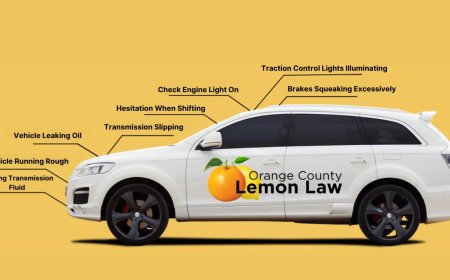Can I Use My Health Insurance Instead of Workers’ Comp?

If youve been injured at work, you might wonder whether you can use your personal health insurance instead of filing a workers comp claim. While the idea may seem simpler, the reality is more complexand potentially risky. Understanding the legal requirements and coverage differences is essential to protect yourself and your rights. Here, RIE Law of Jacksonville, Florida, breaks down what you need to know.
What Is Workers Comp?
Workers compensation is a type of insurance that employers are legally required to carry in most states. It provides medical care, partial wage replacement, and rehabilitation services to employees injured on the job or who develop work-related health issues, such as hearing loss from prolonged exposure to loud noise.
How Does Personal Health Insurance Differ?
Health insurance generally covers routine medical care, preventive services, and non-work-related illnesses or injuries. Its valuable, but it isnt designed to address workplace accidents or occupational health problems. In fact, most health insurance policies specifically exclude coverage for work-related injuriesthese are meant to be handled through workers comp.
Why You Cant Just Use Health Insurance for a Work Injury
Relying on your personal health insurance for a job-related injury can cause major complications:
-
It may be illegal. Employers are required by law to provide workers compensation coverage. Bypassing that system could lead to legal penalties for both parties.
-
Your claim could be denied. Health insurance companies often reject claims that appear to be related to work duties.
-
You may lose benefits. Health insurance doesnt offer wage replacement or vocational rehab if you cant return to work.
Key Differences Between Workers Comp and Health Insurance
| Feature | Workers Comp | Personal Health Insurance |
|---|---|---|
| Covers work-related injuries | ? Yes | ? Rarely |
| Pays for full medical treatment | ? Yes | ?? Partially (if covered at all) |
| Wage replacement | ? Yes | ? No |
| Rehabilitation & retraining | ? Often included | ? Not included |
| Legal requirement | ? Employer must provide | ? Not designed for workplace injuries |
Specific Example: Hearing Loss
Hearing loss caused by on-the-job noise exposure is a common occupational injury. Under workers comp, treatment, hearing aids, and even wage replacement (if hearing loss affects your ability to work) may be covered. Personal health insurance wont usually provide this level of support, especially if the damage is proven to be work-related.
Risks of Skipping Workers Comp
Using health insurance instead of workers comp can lead to:
-
Out-of-pocket medical costs
-
Denied claims and coverage gaps
-
No wage support during recovery
-
Delayed or denied rehab services
-
Legal trouble for your employer
-
Long-term financial hardship
How RIE Law Can Help
Whether you're dealing with a workplace injury, occupational illness, or something more specific like job-related hearing loss, RIE Law is here to guide you. Our team helps workers in Jacksonville and throughout Florida understand their rights and secure the benefits theyre entitled to under the law.
Final Thoughts
Workers comp is more than a safety netits a legal requirement and an essential protection for workers. While personal health insurance is important, it cannot replace the benefits provided by workers compensation.
If youve suffered an injury at work or suspect your condition, like hearing loss, is job-related, dont rely solely on your health insurance. Turn to the professionals at RIE Law for advice, legal support, and advocacy. Were committed to helping you get the treatment, compensation, and respect you deserve.


























